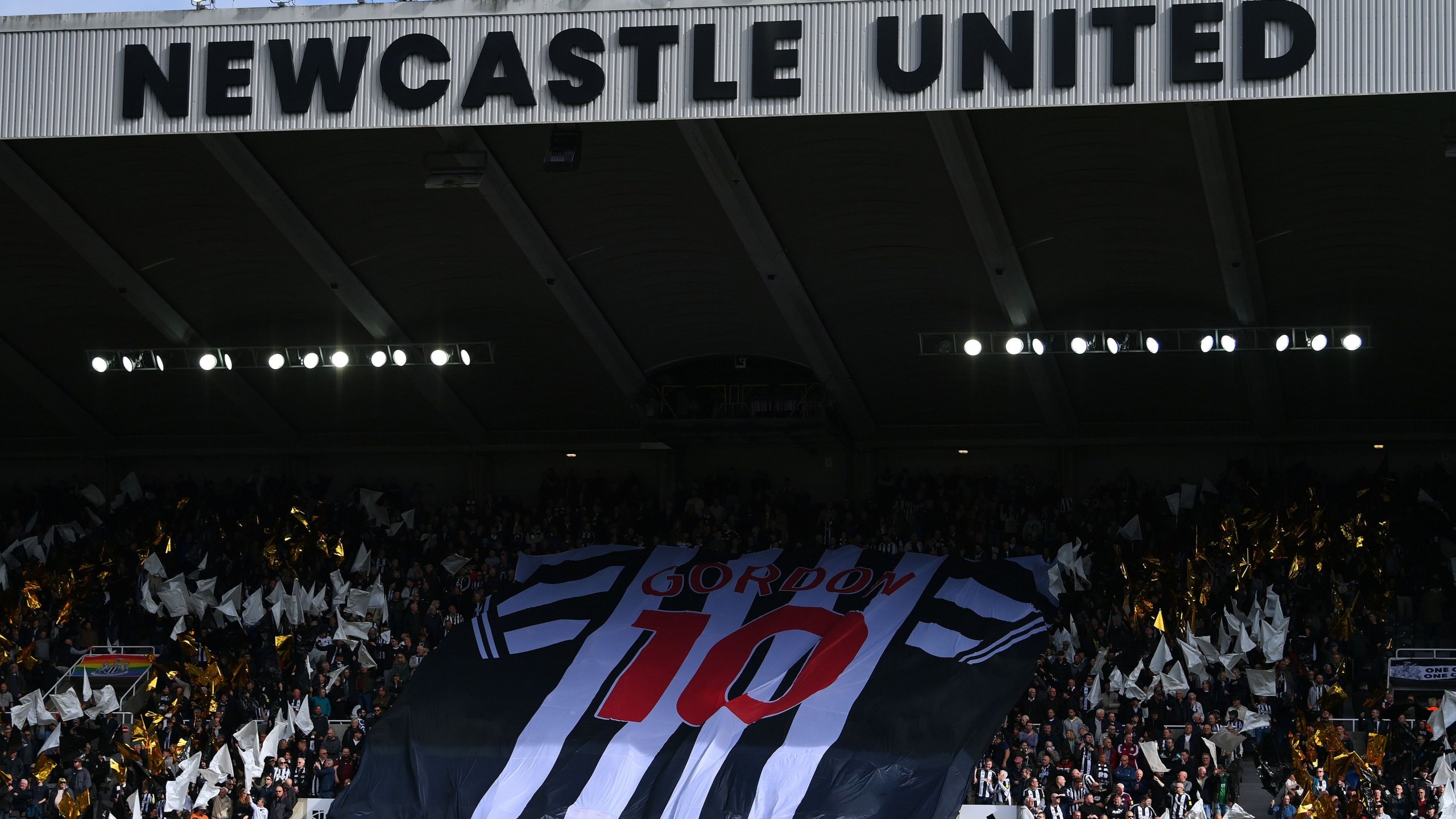Newcastle United Third Kit Video Sparks Apology
Newcastle United third kit promotion has landed the Premier League club in hot water after supporters spotted an image resembling Japan’s wartime Rising Sun flag in the launch video for the 2025/26 strip. Less than 24 hours after the clip went live, Newcastle United and manufacturing partner Adidas issued a joint statement apologising for the oversight and confirming that all promotional assets had been removed while an internal review takes place.
How the Newcastle United third kit clip caused offence
The 90-second video was designed to celebrate the renewed partnership between the Magpies and Adidas, who last worked together in 2010. Shot in multiple locations around Tyneside, it showed players and fans unveiling the new graphite-and-lime ensemble. Trouble arose when an eagle-eyed supporter paused the footage and noticed a red-and-white flag hanging on a studio wall. Although shown only briefly, the design looked strikingly similar to the Rising Sun flag used by imperial Japan during World War II, a symbol that evokes painful memories for people across East and South-East Asia.
Instant backlash on social media
Within minutes of the discovery, screenshots flooded X (formerly Twitter), Instagram and TikTok. Korean and Chinese supporters expressed deep disappointment that such an image could slip through the club’s vetting process. Some called for a boycott of club merchandise, while others demanded a formal apology. Hashtags such as #NUFCFlagRow and #RisingSunControversy began trending regionally, demonstrating the global nature of Newcastle’s fan base—and the risks that come with it.
Newcastle United third kit apology and next steps
Recognising the severity of the situation, Newcastle’s media department released a brief apology late on Tuesday evening:
“We sincerely regret the inclusion of imagery that may cause offence. Newcastle United is proud to be a club for everyone, and we apologise unreservedly for this mistake.”
Adidas echoed the sentiment in its own statement, confirming that the “creative agency responsible for the shoot” had not intended to reference the Rising Sun symbol and that “strict content checks” will be reinforced for future campaigns.
Commercial implications for Newcastle and Adidas
Financially, the partnership is one of the club’s most lucrative commercial deals since the Saudi-backed takeover in 2021. Industry analysts estimate the contract could be worth up to £40 million per year, a sum that will help Newcastle comply with Premier League profitability and sustainability rules. While it is unlikely the gaffe will derail the agreement, both parties understand that reputational damage in key Asian markets can chip away at future revenues. Sponsors often write cultural-sensitivity clauses into contracts, and breaches—however accidental—can trigger penalties.
Historical context of the Rising Sun flag controversy
The Rising Sun flag dates back to Japan’s Meiji era but became infamous during the country’s militaristic expansion in the early 20th century. For many Koreans, Chinese and Filipinos, it symbolises occupation, forced labour and wartime atrocities. Sporting bodies such as FIFA and the IOC have previously faced petitions to ban the flag from stadiums and events. Including a likeness of the emblem—however fleetingly—in a mainstream football marketing campaign raises broader questions about cultural awareness in global sport.
Can the club recover trust?
Newcastle’s fan-engagement team is reportedly planning a series of online meetings with international supporter groups to explain how the error occurred and what actions will be taken to prevent a repeat. Crisis-management experts say transparency is key: showing the steps taken to address the lapse, rather than simply deleting the evidence, fosters long-term credibility.
Lessons for future Newcastle United third kit launches
Marketing professionals note that clubs now sell shirts to fans in more than 190 countries, making cross-cultural due diligence essential. A diversified review panel—including staff from different backgrounds—can spot potentially offensive imagery before it reaches the public domain. Advanced AI tools can also flag contentious symbols, but human oversight remains irreplaceable.
Supporters weigh in
Locally, many Newcastle fans are frustrated that a positive moment—the unveiling of a sharp new design and the nostalgic return of Adidas—has been overshadowed. Season-ticket holder Elaine Johnson told local radio, “We finally get an Adidas kit back and this happens. It’s embarrassing but I’m glad they owned up quickly.” Overseas supporters appreciate the swift apology but want more than words. Korean fan group NUFC Seoul released a statement urging the club to “commit to cultural education programmes for staff.”
What happens next for the Newcastle United third kit campaign?
All promotional material will be reshot, and the club hopes to relaunch the Newcastle United third kit in early September, ahead of its expected on-pitch debut in a Champions League group match. A revised video is likely to focus on the club’s heritage and the city’s industrial roots—safe thematic ground that still resonates globally.
The broader impact on the Premier League
This incident is a cautionary tale for every top-flight side courting a worldwide audience. The Premier League markets itself as a beacon of diversity; missteps that offend a particular region contradict that message and can spark diplomatic discourse. Clubs will almost certainly tighten their creative approval pipelines as a result of Newcastle’s stumble.
Short opinion
Apologies are essential, but they should be the starting point, not the conclusion. A truly global club is measured by its cultural intelligence as much as its trophy cabinet. Newcastle now has an opportunity to turn an error into an education—both internally and across football.
Share this content:
